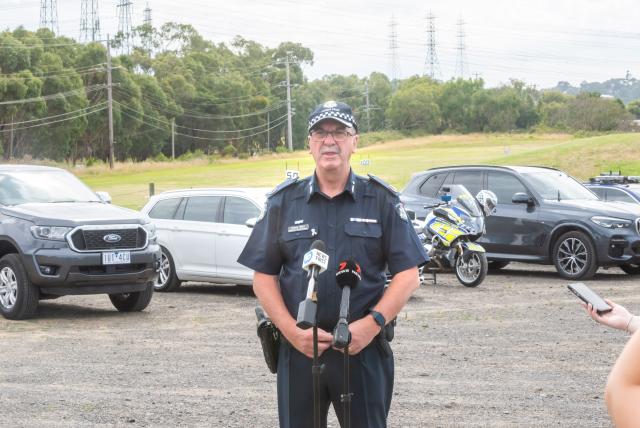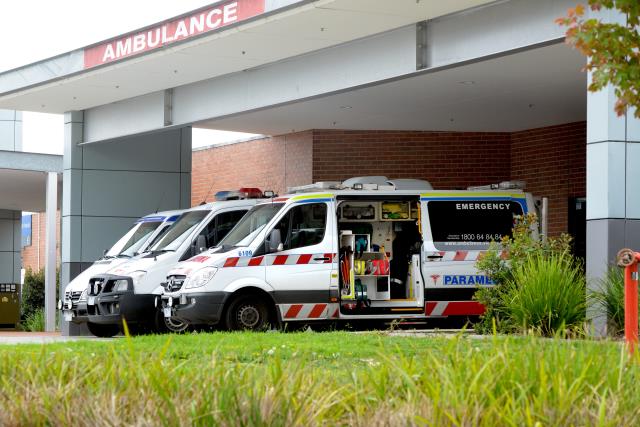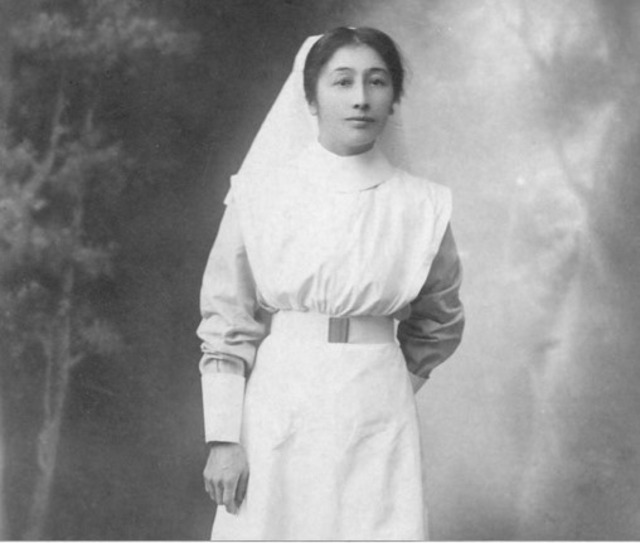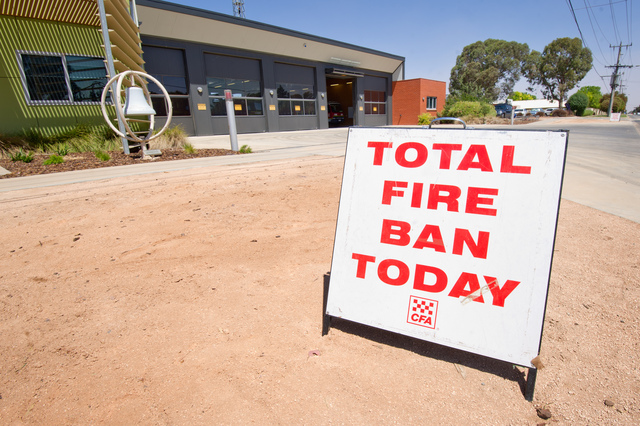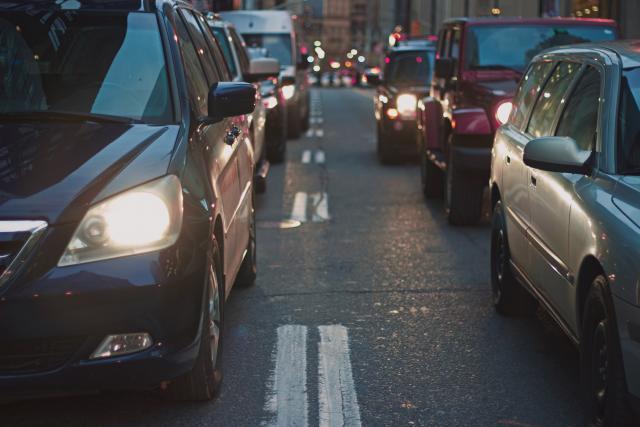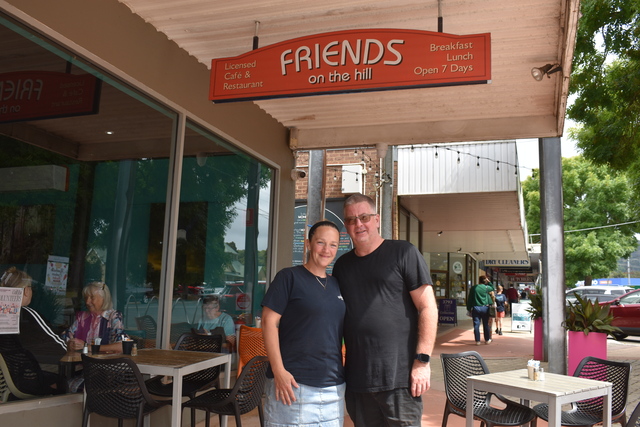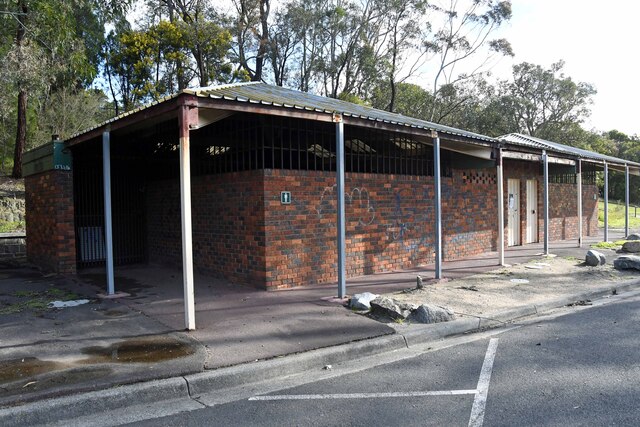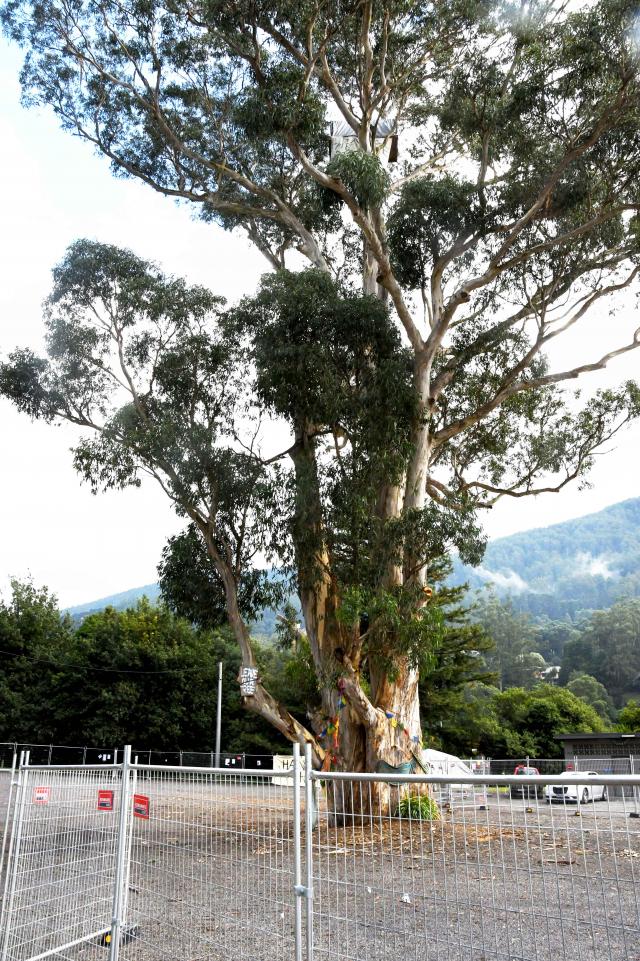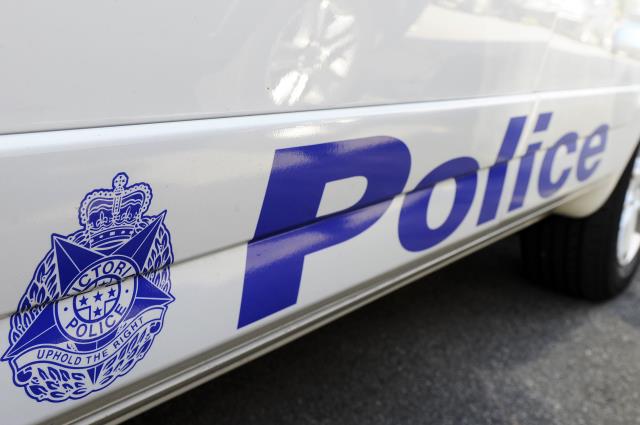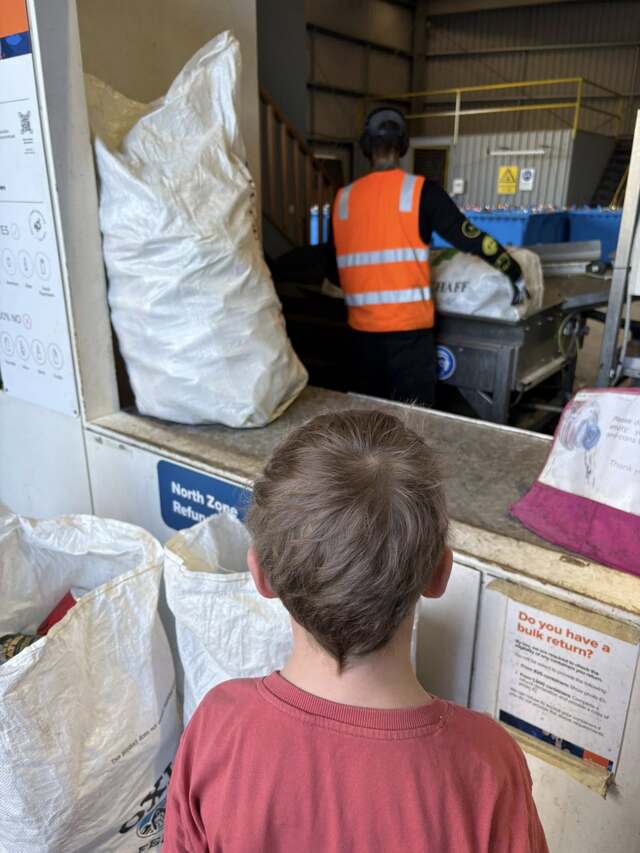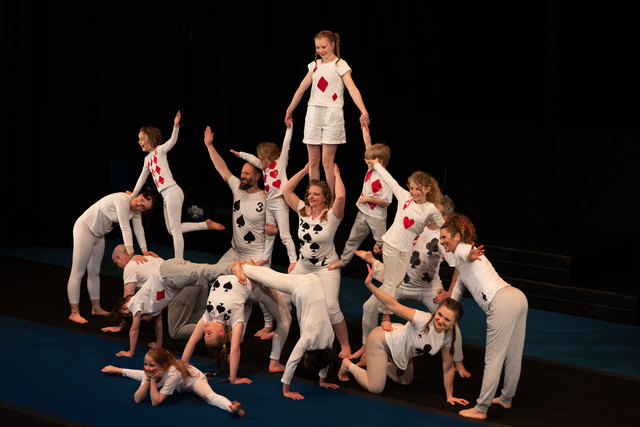By Ed Merrison
UPWEY High School has questioned the ethics of an elite private school which it accuses of poaching its high-flying students.
Seven female volleyball players and three of their high achieving schoolmates have been lured away from the school by scholarships offered by Haileybury College, according to Upwey volleyball coach Peter Bundy.
Mr Bundy said some of the volleyball players were ‘tapped on the shoulder’ at state training and encouraged to apply for the scholarships.
Haileybury principal Robert Pargetter issued a statement in response to poaching accusations in which he defended its scholarship program aimed at boosting student numbers for its senior girls’ programs commencing in 2008.
Mr Pargetter denied the school had poached students.
In a statement, Mr Pargetter wrote: “No students were approached directly, all applications were through the registrar, and all those admitted went through a rigorous process of interview (with family), examination of academic records and other information, counselling on subject choice and an individualised orientation program (which is still continuing).”
According to Mr Pargetter, the reasons given by students for transferring to Haileybury included both perceived advantages of the private school as well as dissatisfaction with their current school arising from program limitations, large or disruptive classes, subject availability, geographical difficulties and inadequate tertiary preparation.
But Upwey parent Louise Sverns, whose daughter Georgia is a member of the state under 16 volleyball side but did not apply for a scholarship, said she was happy with the standard of education at her daughter’s school.
“I’m completely grateful to Upwey for what they’ve done for the girls so far. The opportunities that have arisen at Upwey since year seven have been just fantastic,” she said.
Upwey acting principal Heather Gardner said the media attention had helped raise the question of equity within the education system but said it had not disrupted the school.
“We’ll just get on with doing what we do best, which is working with our students and providing an education that suits them as individuals,” she said.
Ms Gardner said the controversy did not centre on Upwey itself but was a wider political issue.
“The parents and children are free to choose where their children go. We as a school were concerned with the bigger picture, which is that private schools receive Commonwealth funding and state schools don’t, so it becomes an equity issue,” she said.
“This issue really belongs in a very, very big political agenda. It belongs in the big political picture and with the big private schools and their ethics.”
Ms Sverns, who said her children would be staying within the state school system, agreed the issue had raised questions of fairness.
“I don’t believe the private schools should be getting the funding they do. They get more money and they get out students, and I just can’t fathom that.
“(Upwey has) all these marvellous programs, but it’s just like ‘Why bother when other schools just take your children?’”
“Great kids make a school and now they’re going to make someone else’s,” Ms Sverns said.
Poaching row
Digital Editions
-
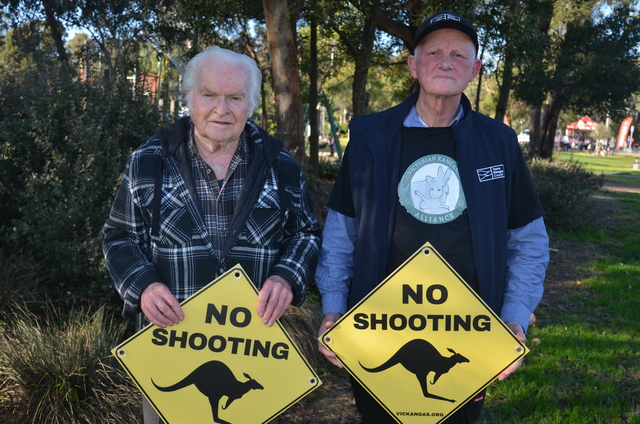
‘A mockery’: Kangaroo shooting continues during bushfires
Wildlife rescuers are demanding the State Government put a halt to the commercial killing of kangaroos as countless animals lie burned and suffering in blackened…

